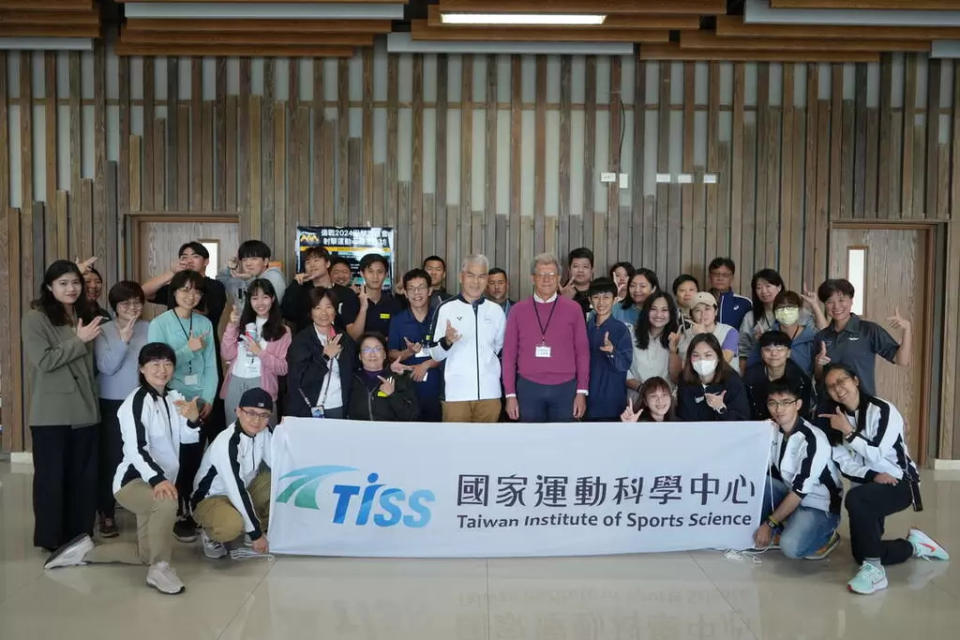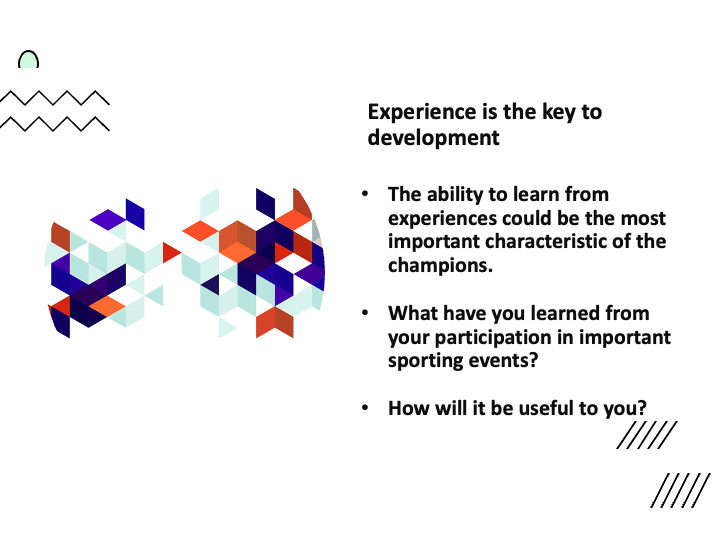Cei, A., Ruscello, B., Sepio, D. (2023). The role of Football in Enhancing psychosocial skills in Youth with Autism spectrum disorder. International Journal of Sport Psychology, 54(5), 373-388.
Children with Autism Spectrum Disorder (ASD) exhibit deficits in social interaction, understanding of tasks, and verbal and nonverbal communication (APA, 2013). Several studies have examined the role of physical activity and sports in promoting skill acquisition in these areas and also in improving psychological and social abilities (e.g., Cei et al., 2017; Cei and Luiselli, 2017; Bremer et al., 2016; Luiselli, 2014).
The main reason for increasing these activities in children with ASD is to counter their predominantly sedentary condition (Lalonde, 2017), enhancing their body functioning, cognitive and emotional processes, as well as enriching and improving interactions with peers and adults. These are certainly ambitious goals but are the same ones developed and valued by typically developing peers in sports clubs.
Up to now, the dissemination of physical activity programs in youth with ASD has been neglected, even though research data show motor, psychological, and social benefits from continued practice over time. Additionally, sports can serve as effective support for therapies involving these youth. Despite these positive findings, it remains more likely for a young person with intellectual disabilities to lead a sedentary lifestyle, which in turn contributes to problems like obesity, cardiovascular diseases, and respiratory issues (De, Small, and Baur, 2008; Kahathuduwa et al., 2019).
In contrast, engagement in physical activity programs, even at moderate levels of intensity, can improve flexibility, increase muscle strength, reduce weight and body mass index. It also impacts psychological issues by reducing behavioral difficulties (reduction of stereotyped movements and self-stimulating behaviors), improving self-concept, and developing cognitive functions (Luiselli 2014; Sowa and Meulenbroek, 2012).
Major literature reviews have highlighted that the activities mostly involve individual sports such as running, cycling, weight training, roller skating, horseback riding, walking, and water activities and treadmill use (Bremer et al., 2016; Lang et al., 2010; Sowa and Meulenbroek, 2012; Lancioni et al., 2009). These studies have shown that short and intense exercises can facilitate learning and reduce behavioral problems during and immediately after training sessions.
The reason why individual sports have been used more frequently compared to other sports lies in the apparent ease of teaching strategies and the reduction of practical cooperative activities and development of social skills compared to team sports. However, team sports and group activities might facilitate those prosocial behaviors and interpersonal communication that play a more marginal role in individual activities.
To address this need, Cei et al. (2017) developed a naturalistic intervention to study the effects of a football-based training program on children with ASD. In the initial phase, “Calcio Insieme” (Football Together) project recruited 30 children (6-13 years old) with ASD from the public schools.
To assess the impact of the training program on psychosocial skills (collaboration, communication, socialization, problematic behaviors, self-support), interviews were conducted with parents and school teachers before and after the training period. The results showed that after 8 months of activity, parents and school teachers perceived that participants had improved their psychosocial and motor skills, with differences based on the severity of their condition.







